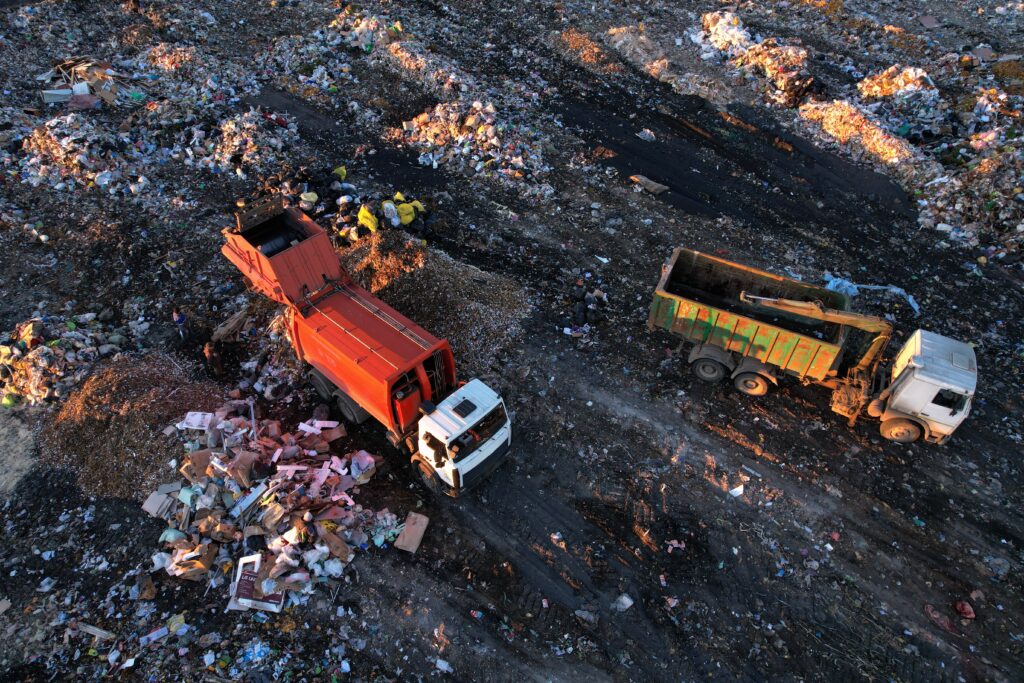Speaking at a recent Agricultural Waste Stakeholders Forum conference in London, Steve Lee, chief executive of the CIWM, outlined the importance of the need for the agricultural sector to come in line with EU Waste Framework Directive.
He said: “There are several successful small local schemes and we would be delighted to see them working nationwide. However, we need a mandatory national scheme with full statutory backing.”
Farms produce more than 80,000 tonnes of waste plastic a year, this includes plastic packaging and containers as well as non-packaging plastics such as silage films and crop covers.
The current disposal option for most farmers has been to burn the plastic waste from fertiliser bags, animal feed bags, containers silage films and crop covers. This is usually done in the open or in a drum incinerator.
But open burning causes pollution and can pose health risks to farmers, workers and local communities and will be banned under the new EU regulations, while the use of drum incinerators to burn plastics will be phased out.
Also speaking at the conference was Peter Kendall, NFU deputy president. He added: “The industry takes its environmental responsibilities very seriously and looks forward to seeing a practical, efficient and cost effective solution to plastic waste that works for and not against farmers.”
Farming bodies, suppliers, the waste management and recycling industries, the Environment agency and Government were all on hand to discuss the issue of plastics from farming.








Subscribe for free